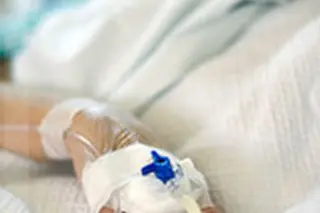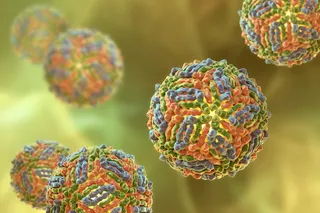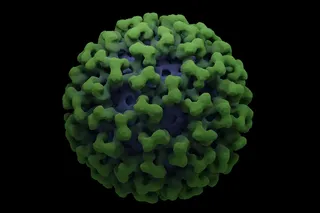Residents of the U.K. who go overseas for surgery have imported a new "superbug." The bacteria, which is resistant to antibiotics and is even more difficult to treat than infamous infections such as MRSA, has killed two people and seriously sickened 18 others in the past year. Britain's Health Protection Agency has declared the infection "a notable public health risk" as the bacteria continues to pop up all over the U.K. In fact, 17 hospitals in Scotland and England have seen the infection, which is in the enterobacteriaceae family.
Many of those contracting the superbug, which produces an enzyme that destroys even the most powerful antibiotics, have had cosmetic surgery, liver and kidney transplants in India and Pakistan [Daily Mail].
Experts say that although the new superbug has not yet infected many people, it has the ability to pose dangers similar to better-known virulent bacteria.
"Compared to MRSA or C ...














